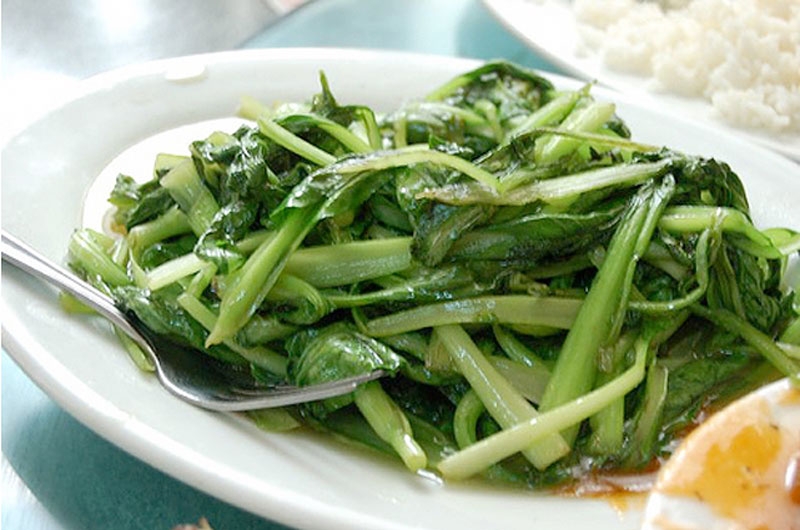Five Ways to Get Replenished in Ramadan

By Rafaya Sufi
Fasting this Ramadan? Or have friends who are? Follow these few key guidelines to eating well and staying healthy during Ramadan.
Since its foundation, Ramadan is celebrated with vigor amongst Muslim communities. A typical day of fasting consists of consuming an overnight breakfast at dawn, restricting any food and drink till sunset. Muslims may continue to eat and drink after the sun has set till the next morning's fajr prayer at dawn.
The key to maintaining a healthy lifestyle during the month depends on a few practical points.
1. Water: For starters, proper hydration is essential. Fasting does not mean that all bodily functions stop requiring water. Headaches, fatigue, fuzzy thinking, irritability, and illness are often caused by inadequate hydration. To maintain normal bodily functions, water is essential. To determine your water needs, use this simple formula:
Your body weight in pounds/2 = The amount of water you need to drink in ounces a day
So,
If you weigh 180 lbs/2 = 90 oz/day, minimum
2. Replace Sugar With Fruit (when possible): What's better than eating a delicious slice of cake (or baklava, or brownie, or some chocolate mousse, or....) once you break your fast? Fruit! Yes, this is a hard one, so quit complaining and follow these instructions for healthier you. You may think you deserve a piece of your favorite dessert after all those hours of restraining, but sugar robs our bodies of minerals and vitamins. During a period of fasting, our bodies need to hold on to as many minerals and vitamins as possible, so don't let them escape just by giving in to your craving (after all, this is a month of self-restraint). Try baking this nutritious Fried Banana recipe at home as an alternative to sugar-loaded desserts.
3. Soup: A quick, easy, and nutritious food to consume during Ramadan is soup. Soup provides deep nourishment and is easily absorbed by the body. It is also a great way to meet your water needs, and if you blend all the good stuff together, picky eaters will never question what they are eating! After you break your fast, have some soup, and make it a staple diet for the month. Try making some delicious, vitamin-packed Mulligatawny soup at home.
4. Eat Slowly/Don't Overdo It: What's the rush? You have all evening! There is a tendency to eat really fast amongst people breaking their fasts. Trying to pack in 101 activities within the first few minutes of breaking your fast, which includes eating 101 foods, can cause some serious indigestion. Avoid that awful feeling by slowing down. Take small bites so you can chew well. The longer you chew your food, the less work your digestive track needs to do and you absorb more nurturance. So overall, it's a win-win situation.
5. Vitamins and Minerals: Load up on them! Unfortunately, food today is not as nutritious as it was once. Unless you're consuming 100 percent organic foods, you'll probably need to replenish your body with lost electrolytes and vitamins. The top nutrients to look at are vitamins C, B-complex, zinc, E, and A. Vitamins C, A, and E along with zinc are known as antioxidants, and unless you're living under a rock, antioxidants are in--they're the latest health trend these days because they do wonders for your body. Eat fresh fruits, berries, and vegetables in abundance! B-complex vitamins are great at relieving stress, so be generous with those. Most Americans are already deficient in the B-complex vitamins due to eating high amounts of refined and processed foods, so skip the white bread, and opt for a whole-wheat option instead. Enjoy this healthy Ginger Tea to combat that tired feeling after fasting all day.
That's all for now, folks. Have a healthy Ramadan!
Watch and learn how to make Harira soup

